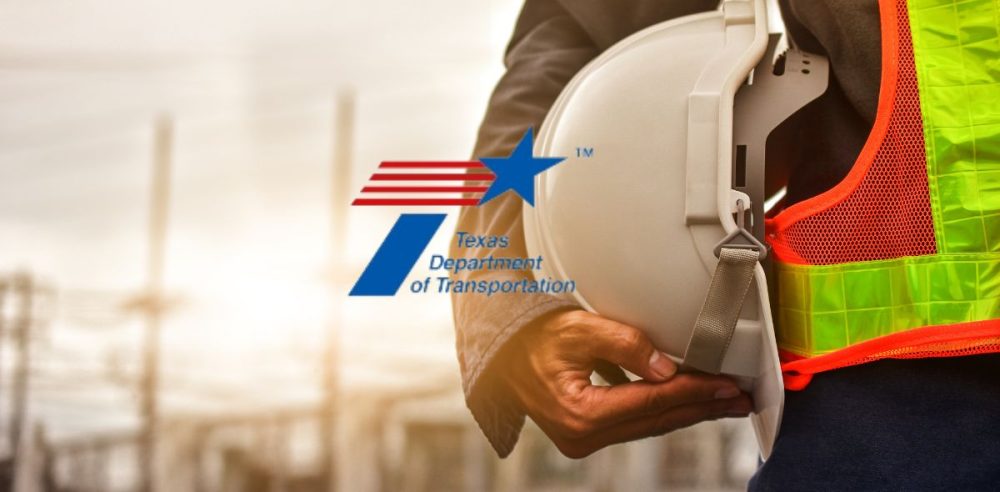The Texas Department of Transportation (TxDOT) is pushing to renew its authority to conduct its own federal environmental reviews, a system that has been in place since 2014.
The arrangement, known as “NEPA assignment,” allows TxDOT to streamline the review process for highway projects without direct oversight from the Federal Highway Administration (FHWA), reported KERA. TxDOT argues that this authority speeds up essential infrastructure projects, saving months of delay. However, critics claim the process compromises environmental safeguards and gives TxDOT too much power.
With the current agreement set to expire, public feedback on the renewal is due by December 9 at 10:59 p.m. CST.
Proponents of the current system highlight its efficiency, stating that projects can move forward without being bogged down by federal bureaucracy.
Audits by the FHWA, including one in 2024, have found some violations, such as improper traffic noise barrier installations, but TxDOT asserts that corrective measures are being taken. Supporters believe the NEPA assignment is essential for Texas, a state with rapidly growing infrastructure demands. They argue that review delays could stall projects needed to support the state’s expanding population and economy.
Opponents, however, say the efficiency argument comes at a steep price.
Environmental advocates and community groups argue that TxDOT’s vested interest in project completion leads to rushed or inadequate reviews. Projects like the controversial expansion of I-35 in Austin exemplify this tension, where critics fear that environmental and social impacts are being overlooked. For these opponents, the NEPA assignment creates a conflict of interest, allowing the agency to act as both developer and regulator.
Public engagement on this issue has been stronger than in previous renewal periods.
In 2019, only three comments were submitted, reflecting limited awareness or concern. However, over 80 comments have already been posted this year, many opposing the renewal. Activist groups have launched guides to help individuals submit feedback, aiming to amplify community voices. The increased participation signals growing concern among Texans about transparency and accountability in environmental decisions. Critics say that TxDOT’s authority undermines the checks and balances that federal oversight provides.
TxDOT’s request to renew its authority comes when environmental and infrastructure debates are heating up across the state.
The Memorandum of Understanding between TxDOT and the FHWA, which is renewed every five years, is seen by critics as emblematic of broader issues in state-level governance. Opponents fear state-managed reviews are less likely to consider long-term environmental consequences or public input. Given Texas’s history of contentious highway projects, many residents are wary of the state’s ability to balance infrastructure needs with environmental protection.
Despite the controversy, TxDOT maintains that its approach is lawful and effective.
The agency insists it has consistently met federal requirements and taken steps to address any deficiencies noted during audits. By managing the process locally, TxDOT believes it can better understand and address regional infrastructure needs. Supporters argue that reverting to federally-managed reviews would create bottlenecks and jeopardize critical projects.
Nonetheless, the growing skepticism reflects a broader demand for more transparency and accountability in how these decisions are made.
While TxDOT assures compliance with federal standards, the tension between rapid development and environmental protection continues to divide stakeholders.


